Towards inclusive and practice-oriented teacher education - TIPOTE
The TIPOTE project (2024-2026) focuses on inclusive education and seeks practical solutions for teachers to apply in diverse Mozambican contexts.
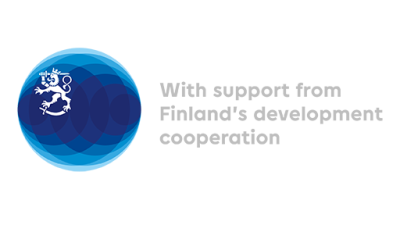
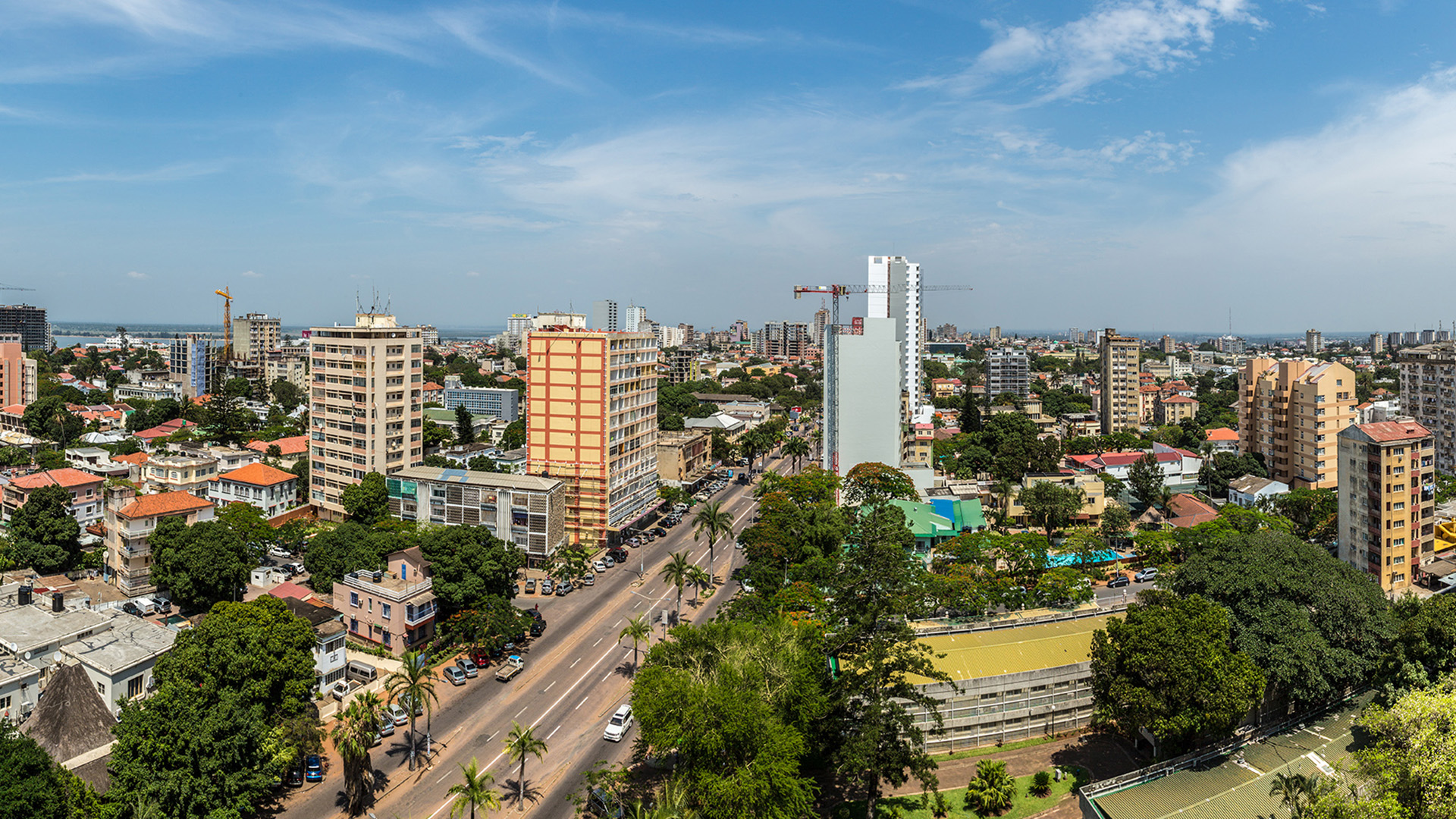
Our aim
The aim is to improve the quality and relevance of teacher education programmes in two Mozambican Higher Education Institutions (HEIs), UP-Maputo and ISET-One World. This is done in partnership with Jamk University of Applied Sciences and the University of Lapland from Finland. As a team of almost 40 Key Experts from the four HEIs, we learn from each other, innovate new ideas, try new methods in pilots and share the results with others.
In the project, our thinking is based on a broad understanding of inclusive education that derives from the universal human right to education: All children - regardless of their gender, disability, ethnicity, language, wealth, remoteness, or any other characteristic or situation – have the right to access school and learning.
We look for ways to ensure complete and effective participation, accessibility, attendance, and achievement of all students, especially those excluded or at risk of being marginalized. This requires building inclusive learning communities where all are welcome and respected as equal and contributing members.

Article
Initiating Collaboration in the TIPOTE Project: Sharing Ideas on Inclusion

Article
What have we done in TIPOTE during the first year?
The project consists of two complementary approaches:
Human and technological capacity building
First, we take steps towards strengthening the human and technological capacity of UP-Maputo and ISET One World. We will meet five times during the project in face-to-face Training of Trainer sessions, one week at a time. During these, we broaden and deepen our understanding of what inclusive education means and what it requires from us as teacher educators. To learn from experiences and best practices developed by others, we will organize study visits within Mozambique, in some neighbouring countries, and in Finland. Some Key Experts will also be involved in staff exchange. Moreover, we will arrange hands-on training on digital pedagogy. Strengthening the technological capacity of UP-Maputo and ISET-One World means upgrading the hardware and software needed for improved digital learning.
Practice development
Second, we take that new capacity into use and test how it can work in practice – we innovate and test new tools, models, working methods, and collaborative approaches in real-life situations. We apply the Living Lab methodology with natural school environments serving as “real life laboratories” for testing and learning. Teams consisting of teacher educators, teacher students, school teachers, pupils, and community members investigate pedagogical problems, create innovative pedagogical solutions and practices, test them, learn, and develop further. One Key Expert group will focus on STEM education and aims to co-create new environmentally and economically sustainable methods to make STEM learning more practically relevant and encouraging for diverse learners, including girls.
Alberto Boane from the Pedagogical University of Maputo is working as a key expert in the TIPOTE project. In the TIPOTE project, Alberto develops the ideas and practices of Inclusive STEM as a member of the development team.
Funding
The project is funded by the Ministry for Foreign Affairs of Finland, Higher Education Partnership (HEP) Program.
Partners and project coordinators:
TIPOTE project is implemented by the Mozambican and Finnish higher education institutions:
- Jamk University of Applied Sciences, project manager Hanna Laitinen
- Universidade Pedagogica de Maputo (Pedagogical University of Maputo), project coordinator Sarita Henriksen
- Instituto Superior de Educação e Tecnologia - One World, project coordinator Frederico Cossa
- University of Lapland, project coordinator Outi Kyrö-Ämmälä
The project is coordinated by Jamk's School of Professional Teaching Education.
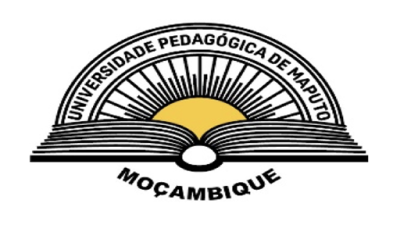
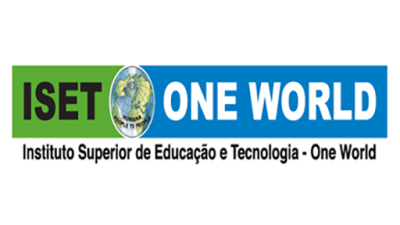
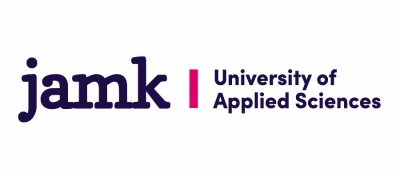
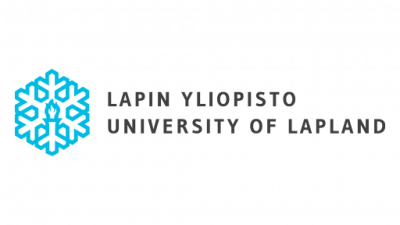
Contact:
